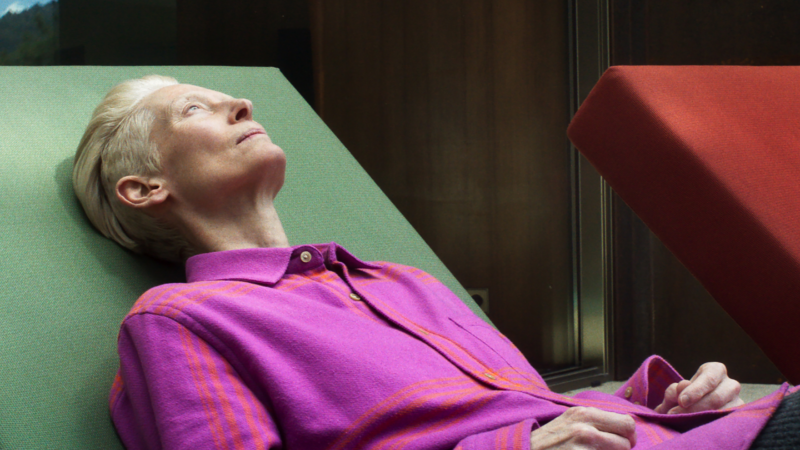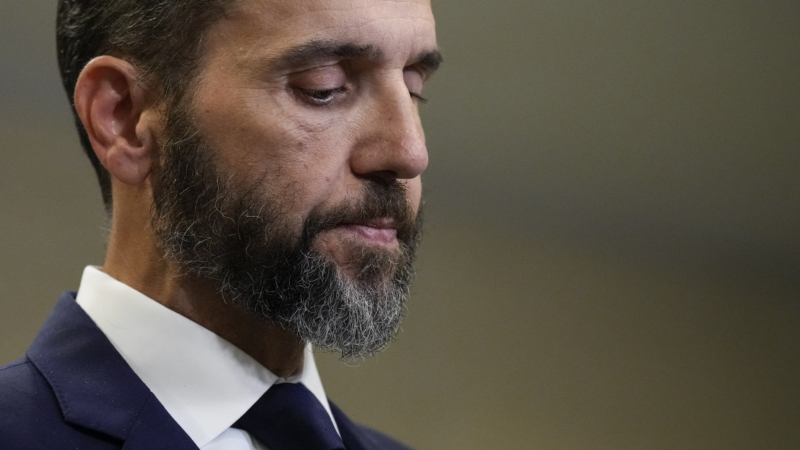How to solve the Gen Z social isolation problem? She tried surfing and it worked
As a child, Genesy Mendez struggled with anxiety and lacked confidence when it came to socializing. The pandemic compounded things, and the 29-year-old elementary school teacher says she felt out of practice around making friends.
“I was very hard on myself.” says Mendez, who lives in Los Angeles.
Mendez’s experiences reflect larger trends toward social isolation.
When the surgeon general issued a 2023 warning on the epidemic of loneliness and social isolation, one fact stood out: People between the ages of 15-24 spend 70% less time in person with friends than those of the same age did in 2003. This difference amounts to nearly 1,000 fewer hours per year.
Josh Penny, Director of Social Innovation at Hinge, the dating app, is among the people who took notice of that data.
“As a brand that focuses on Gen Z, we were really alarmed to learn about just how much the loneliness epidemic was impacting them,” says Penny.
Hinge’s concern is not just altruistic. The company had come to understand from their users that people are more successful at dating when they have other, meaningful relationships in their life. Those who don’t have strong social circles, Penny says, end up bringing long checklists of needs to a potential partner. It can be too much for a relationship to bear.
They turned to the Foundation for Social Connection — a research and policy group that works to address social isolation — for partnership. The group had also been studying this demographic. “We were seeing the reduction of things like social groups, clubs, engagement in clubs, third spaces for people to gather,” says Jillian Racoosin, executive director of the foundation.
The two organizations partnered on an effort to foster real-life connections — of any kind, not just romantic. Called One More Hour, the initiative gives a nod to the surgeon general’s emphasis on the need to spend time with friends. Racoosin says it’s unrealistic to plan for a return to a society where people aren’t absorbed in their phones or working remotely. Yet even a small amount of time spent in real life can make a big difference for young people.
This year, Hinge invested $1 million in 40 groups that meet in person in cities including Atlanta, Los Angeles, and New York. The list includes an art collective, a filmmaking club and a group that gathers to read together.
Mendez participated in one such club, called Intersxtn Surf — a group for women of color who surf together. “I was beyond nervous the first time,” says Mendez.
But the emotional risk was worth it, she says. The surf group was a tonic. She felt seen by the other people in it. Just the fact that the instructors remembered her name felt profound and meaningful.
“The skills that you’d need for in person, they feel more costly,” says Penny.
In an effort to evaluate the efficacy of One More Hour, Hinge polled participants about their biggest challenges in engaging in groups like these. Cost and time were both issues, but Penny says the biggest concern was around the emotional barriers — questions like ‘What if I don’t fit in?’ ‘What if I don’t find what I’m looking for?’ The skills required for in-person socializing, says Penny, are different than those people need to engage online, and this generation is simply out of shape. “They just need to build these muscles.”
It’s unclear the extent to which Hinge’s efforts will pay off. There are far more members of Generation Z than they can reach. Penny says One More Hour is an attempt to surface lessons learned for wider use among those trying to mitigate a problem unique to this younger generation.
Mendez credits the surfing group with helping her make new, meaningful friendships. Now she spends time with these friends outside of surfing. Her success inspired her to join a running group, and she met a man she’s dating now — not a surfer.
“It’s not necessarily something that my partner wants to engage in but that’s OK,” says Mendez. Surfing, she says, is just for her — and her friends.
A record 24 million people now get Obamacare health plans. Will it last under Trump?
Enrollment in Affordable Care Act health insurance plans has grown every year of the Biden administration, leading to a record high rate of people with insurance.
Tilda Swinton thinks about death and says you should, too
Swinton plays a woman dying of cancer in Pedro Almodóvar's The Room Next Door. "A life spent considering how we're going to spend our end is not wasted time," Swinton says.
Girl Scouts are retiring two cookie flavors (don’t worry, your Thin Mints are safe)
2025 will be the last time you can buy Girl Scout S'mores and Toast-Yay! cookies. They join the ranks of many other discontinued flavors — RIP Mango Cremes with Nutrifusion and cheesy Golden Yangles.
Here’s where things stand for several major landmarks in the Los Angeles fires
The fires raging across Los Angeles are putting some cultural institutions in danger.
Justice Department wants to release only part of its report on Trump cases
Prosecutors dropped the two criminal cases against Trump after he won the 2024 election, and the final report by Smith may be the last chance for prosecutors to explain their decisions.
Trump asks the Supreme Court to block his sentencing in hush money case
President-elect Donald Trump is scheduled to be sentenced on Jan. 10 in New York. His latest legal move to block sentencing comes after a New York appeals court rejected a similar appeal Tuesday.





